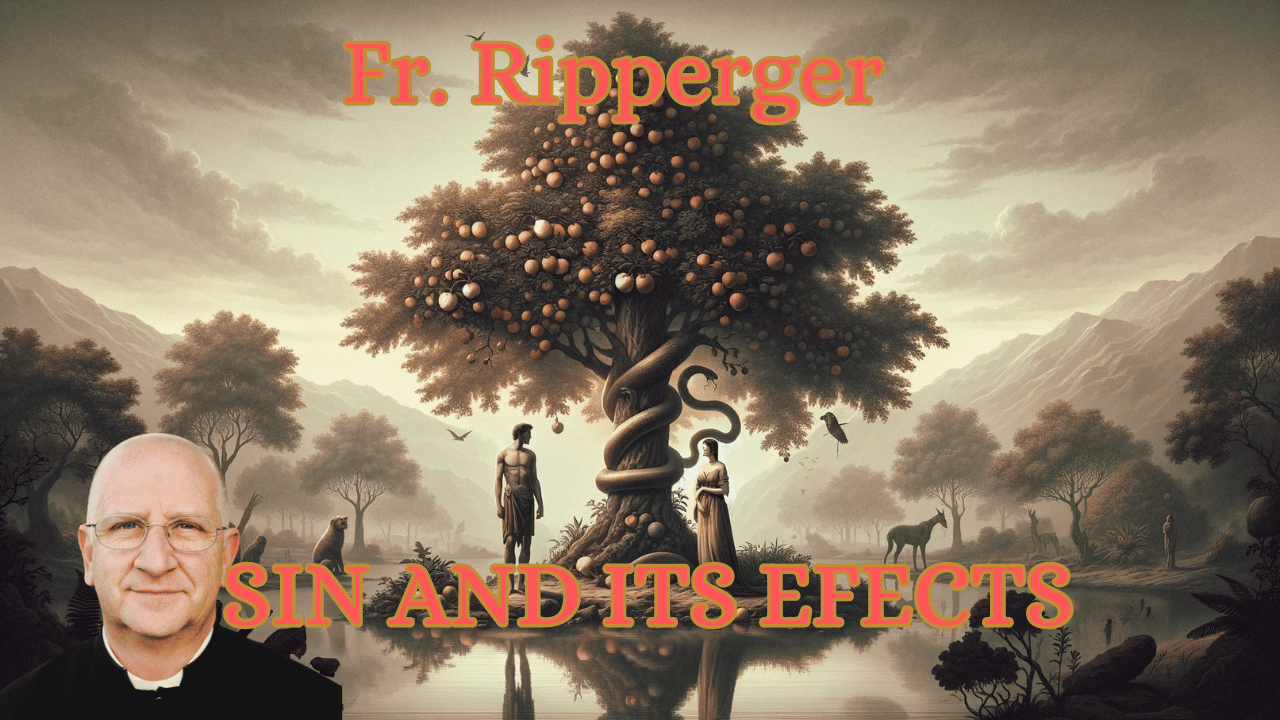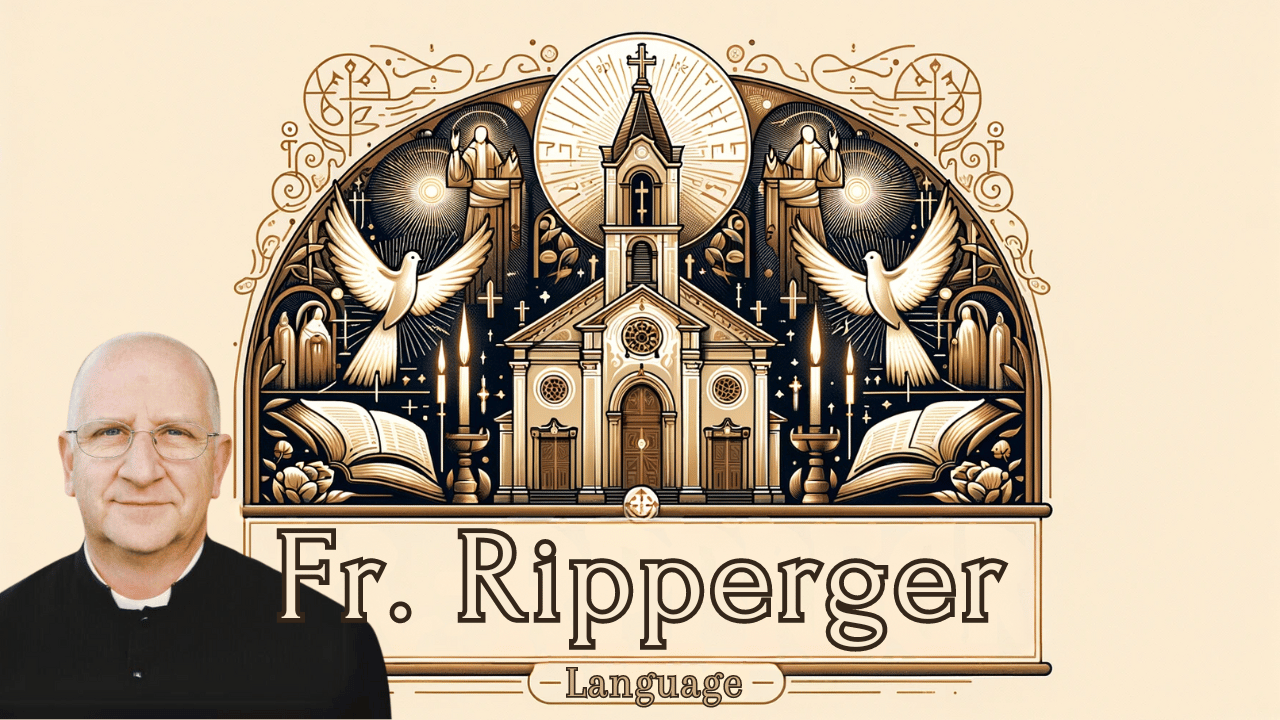Flirting With Disaster: A Closer Look at the High Cost of Sin
In a hard-hitting talk on the impact of sin, Fr. Chad Ripperger provides a sobering reminder that our transgressions have grave consequences that often go beyond what we realize. Drawing from Scripture, theology, and psychology, Fr. Ripperger details how sin disorders our faculties, wounds our soul, and sets us back substantially on the path to salvation.
Our culture tends to downplay sin, viewing it as a private affair without major fallout. Yet when we understand the infinite offense sin causes God, and how it twists our human nature, we grasp the imperative to avoid it. Sin creates an “unhealthy attachment” to created things, causing irrationality and mental illness. It cuts us off from grace, others, and orderly governance under God.
Original Sin: A Catastrophic Fall
The story begins with original sin, when Adam and Eve shattered the harmony first established by God. As described by St. Augustine and Aquinas, their defiance had a cascading effect on human nature and all its capacities. Our intellect was darkened, our will turned from virtue, and our emotions became unruly. Ever since that primordial revolt, humanity has battled ignorance, malice, weakness, and disordered passions.
Our minds contend with blindness and stupidity, increasingly unable to judge right from wrong. Our hearts slide toward evil rather than goodness. We lack the vigor for difficult good. And our appetites and feelings overpower sound reason. As Fr. Ripperger colorfully puts it, we’re like someone who “runs out and jumps on a horse and runs in all directions.” Virtue is meant to rein in the chaos, but it’s an uphill climb.
Compounding Disaster: The Cost of Personal Sin
Unfortunately, we loves to imitate Adam and Eve all over again. And our own sins magnify the mayhem they started. As Catholic tradition holds, sins judged “mortal” turn us totally away from God—our ultimate end—while “venial” sins represent a lesser offense. Yet even minor sins have major consequences.
Every sin, however small, offends God infinitely because of who He is. It also violates both natural and divine law, upending the wisdom inherent in God’s plan for human flourishing. When we sin, we suffer painful stabs of conscience, strained community life, decreased happiness, and oppression by demonic forces. Our debt before God piles up as our ability to pay it back declines.
Both original and personal sin disorder our faculties in pernicious ways:
- Intellect – Sin obscures our intellect and bends it toward judging falsely. The more sin darkens the intellect, the harder it becomes to know God and embrace religious truth.
- Will – Sin leaves our will “destitute of its ordering to the good.” We become increasingly trapped in malice and evil as virtue loses its appeal.
- Passions – Sin makes the passions more defiant, uncontrolled, and oriented toward pleasure against reason’s boundaries. It’s like handing the car keys to a reckless teenager.
- Imagination – Sin unleashes the imagination toward disorder and away from its role of informing the intellect. Eventually we can’t see straight at all.
Paying Back an Infinite Debt
Such pitfalls prompt an obvious question—how do we begin to set things right? With sin comes an obligation in justice to make reparation to God and undo what we can of the ruin we’ve authored. Actively rooting out vice and growing in virtue helps reorder our warped faculties and fills in the glory we’ve robbed from the Creator.
Additionally, passive purgation or purification is needed for God to cleanse sin’s ingrained residue. This occurs partially on earth through intense suffering, ultimately in the purgatorial fires, where lingering sinful baggage not fully burnt up is immolated. Just one unconfessed venial sin makes purgatory inevitable.
Fr. Ripperger’s survey highlights why Scripture likens sin to flirting with disaster. Human beings cannot achieve their purpose and flourish while chained to layers of blindness and distortion. By God’s mercy, confession and penance unlock the dungeon. But avoiding the trap in the first place through virtuous living guards the fragile treasure of our nature and capabilities. The more we encumber ourselves through sin, the further we wander from home.


